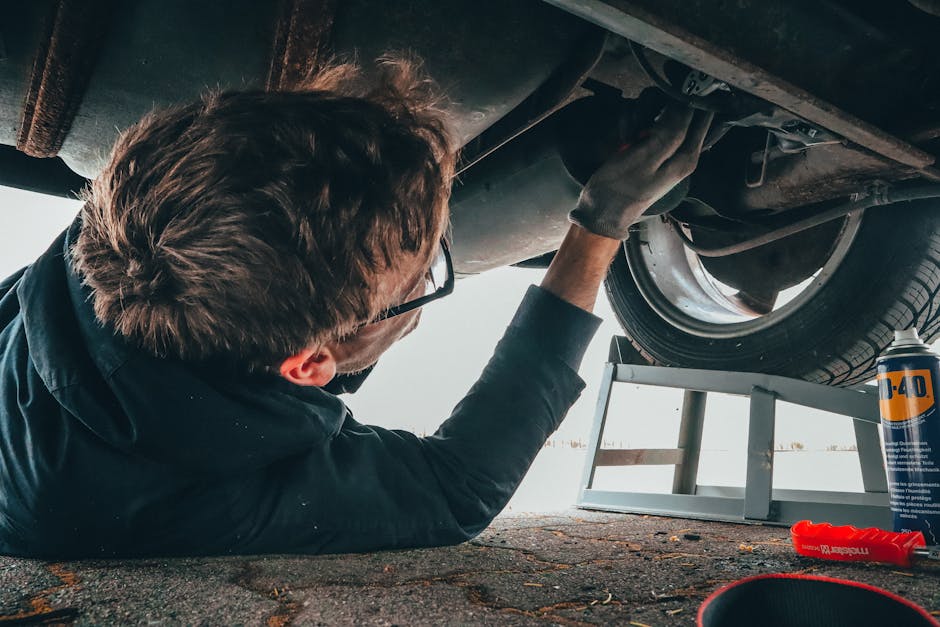 Everything You Need to Know About Car Inspections
Everything You Need to Know About Car Inspections
Car inspections are a crucial aspect of vehicle maintenance and safety that every car owner should prioritize. These inspections serve to ensure that a vehicle is safe to operate on the road and meets various regulatory standards. Not only can regular inspections help identify potential issues before they become serious problems, but they can also contribute to your safety and that of others on the road. In this article, we will cover what car inspections typically involve, the benefits of getting your car inspected, how often you should schedule inspections, and what you can expect from the process.
Typically, a car inspection checks several key components of your vehicle. This includes the brakes, tires, lights, wipers, exhaust system, and other vital parts to ensure they are functioning properly. Depending on your location, the inspection may also involve emissions testing to ensure your vehicle is environmentally compliant. Each state or region might have different regulations regarding what is required for a thorough inspection, so it is essential to familiarize yourself with local laws. Understanding what’s involved can help you prepare your vehicle ahead of time and avoid any surprises during the inspection process.
The benefits of regular car inspections extend beyond simply passing a test. When you have your car inspected regularly, you increase the longevity of your vehicle and potentially save on costly repairs down the road. Early detection of issues can help you address minor problems before they escalate into major repairs, which can be both time-consuming and expensive. Additionally, many insurance companies offer discounts for having your car regularly inspected, as it indicates a lower risk to them. This makes inspection not just a safety measure but also a smart financial decision.
As a general rule, most experts recommend getting your car inspected at least once a year, though certain conditions might require more frequent checks. If you regularly take long trips, drive in harsh weather conditions, or notice any unusual sounds or performance issues, you should schedule an inspection sooner. Furthermore, certain states may require inspections at specific intervals, particularly when a vehicle changes ownership or after significant repairs. Keeping a regular schedule not only helps maintain your vehicle but also keeps you informed about its reliability.
During the inspection process, you can expect mechanics to perform a visual and operational assessment of your vehicle. They will check fluid levels, belts, and hoses, and take your vehicle for a short test drive in some cases. After the inspection, you will receive a report detailing any issues found and recommendations for repairs if necessary. This transparency allows you to make informed decisions about your vehicle maintenance moving forward. In conclusion, staying on top of car inspections is a simple yet effective way to ensure the safety, reliability, and longevity of your vehicle. By being proactive about inspections, you are investing in your vehicle’s future and your peace of mind on the road.